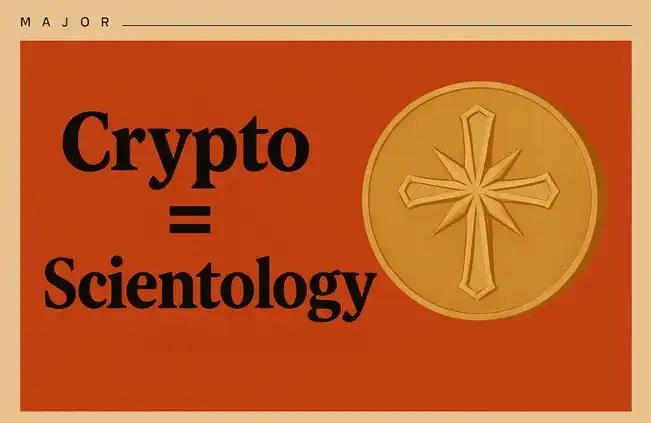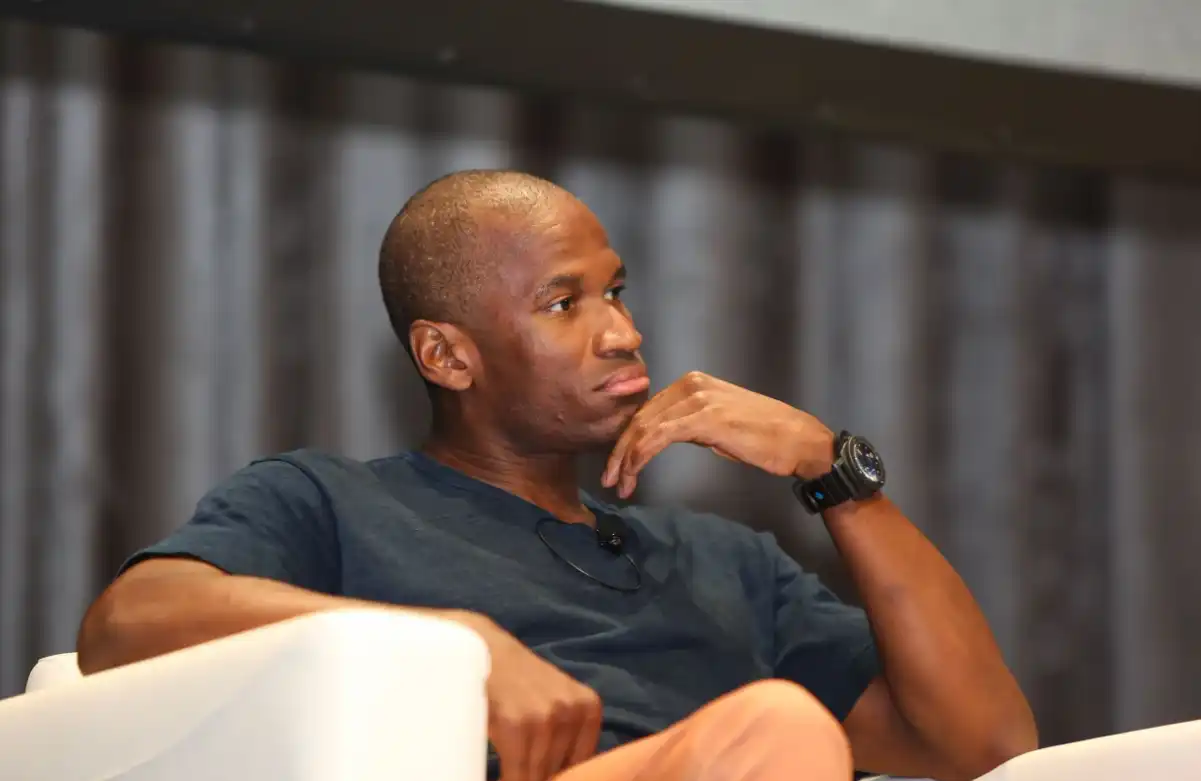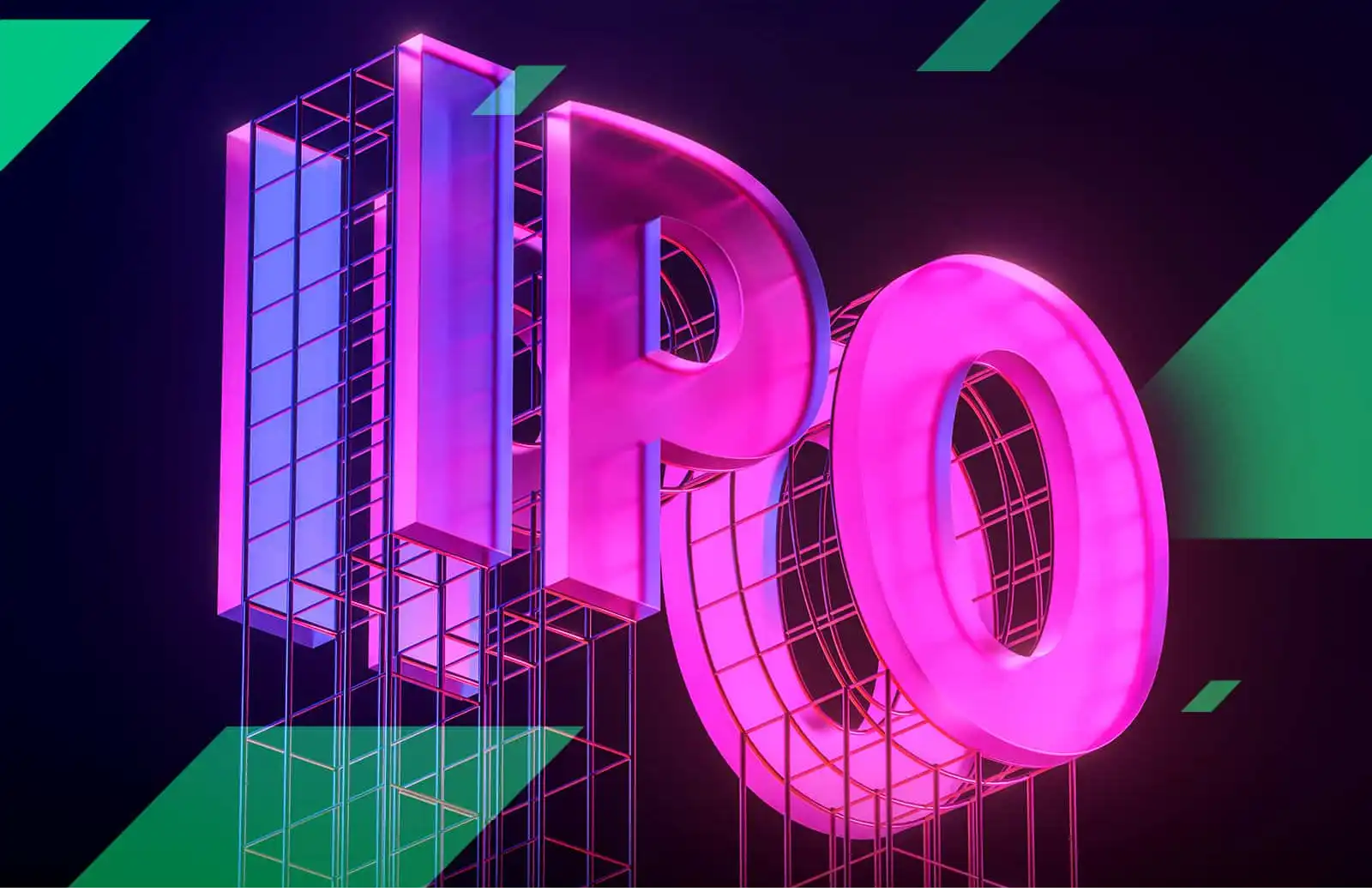Return to EOS ecosystem? Block.One true intent: Save money on claims and get legal protection
Original source: EOS community member TrimBot
introduction
Recently, the news that Block.One donated 500,000 EOS to Eden has aroused a wide discussion. People question: Is this the signal of Block.One's return to EOS ecosystem? However, EOS Ecosystem member TrimBot wrote that with the New York court rejecting Block.one's $27.5 million lawsuit settlement, Block.One must come up with a new way to avoid legal action and rebuild their reputation in the ecosystem through apparent "donations."
Members of the EOS community have collated TrimBot articles for community review. The views of this paper are based on the speculation of facts by TrimBot.
Block.One broken promise
Reveal the deep reason behind Block.One's recent "donation" to Eden.
Block.One was able to raise over $4 billion in its initial Token Offering (IC0) because they made three eye-catching promises at the time:
1. Maintain the EOSIO code base for at least 10 years;
2. Invest at least $1 billion directly into the EOS ecosystem;
3. Invest most of the money raised by IC0 (at least $2 billion) into the EOSIO ecosystem.
We believe that anyone with common sense will agree that Block.One has failed to deliver on these promises. You can verify this for yourself by looking at EOSIO Github. Despite their commitment to maintain EOSIO for at least 10 years, they stopped maintenance in May 2021.

Investors filed a class action lawsuit against Block.One and some of its executives
Block.One stopped maintaining Github at a very suspicious and telling time. So what happens in May 2021? Block.one has reached a tentative settlement in the ICO class-action lawsuit.
Let's take a look at the timeline:
In May 2021, investors in the initial EOS Token offering filed a class action lawsuit against Block.One and some of its executives, which stated that Block.One provided false and misleading information about EOS to investors in order to raise billions of dollars through unregistered securities sales.
The class action lawsuit contends that investors were duped into buying unregistered securities (ERC-20 tokens) and that Block.One misled investors by making "false and misleading promises."

The SEC has been very clear that they consider commitments made by Block.One, such as a promise to reinvest a significant portion of the money raised in the ICO, to be material commitments made to induce investment.

As it turns out, all the legal disclaimers in the IC0 Token sale agreement don't give Block.One free reign to mislead everyone with public statements and then claim that "technically, the contract states..."

Faced with the lawsuit, Block.One proposed a $27.5 million settlement
To address this issue, in June 2021, Block.One offered to pay $27.5 million to settle a class action lawsuit brought by EOS investors in exchange for legal immunity from IC0-related misconduct.

This means that Block.One believes that by settling the lawsuit, it will no longer have to worry about being sued in the future for not following through on its promises. When a class action lawsuit is settled, it ends a legal loophole.
In other words, a class-action settlement would provide legal protection for Block.one. The settlement states that Block.One will pay $27.5 million to release them from liability for commitments made during the ICO.
This appears to be a good deal for Block.One, as they believe that if the court approves the settlement, they will be released from legal obligations and can continue to operate without any repercussions. For the $27.5 million they paid, they could have saved hundreds of millions, if not billions.
In other words, Block.One could lose billions of dollars and settle for just $27.5 million. Not only is it cheap, but Block.One gets legal immunity.
That's a pretty good deal for Block.One, don't you think?

Block.One miscalculation: The $27.5 million settlement was rejected by the court
Block.One thought it had finally put its $4 billion IC0 drama behind it when it offered to settle a class action lawsuit for $27.5 million.
Despite being accused of wrongdoing by multiple parties, Block.One reached a tentative $27.5 million settlement that will give the company legal immunity from any similar allegations related to IC0.
In other words, for just $27.5 million, Block.One escaped almost any potential legal liability and walked away from the controversy... It seemed like everything was over.
In August 2022, however, Block.One's world was turned upside down. To the surprise of everyone, especially Block.One, a New York court rejected Block.One's proposed $27.5 million class-action settlement, putting Block.One back on the line for legal liability and potentially billions of dollars in damages.
Unfortunately for Block.One, but to the relief of those who wanted to see Block.One held accountable, the court found the settlement unfair and rejected it. The class-action lawsuit is still ongoing because of the court's dismissal, and Block.One has lost the legal immunity they thought they were about to gain.
The reasons for the rejection were varied, some procedural and some more substantive, but the judge's comments were quite illuminating. The court thought it was a great deal for Block.One...... But it was a bad deal for investors misled by the company.

Because the settlement was rejected, not only did the class action suit continue, but Block.One also lost the legal immunity it had hoped to receive.
Block.One shifted tack, hoping to avoid legal scrutiny
Remember: Block.One's goal is to keep as much of the IC0 money on hand as possible.
In response, Block.One has shifted its strategy to "donating" to EOS-related organizations, such as this recent incident: Block.One donated 500,000 EOS to Eden, among which 450,000 EOS was transferred to Eden's financial fund pool and 50,000 EOS was transferred to Eden's operating expense account.
Block.One wants to leave the impression that Block.One is still committed to the EOS community. Such actions will not only help Block.One avoid legal action and potential liability, but also repair Block.One's reputation in the ecosystem.
And the most likely view is that Block.One has budgeted about $27.5 million and is prepared to use that money to do some whitewashing in order to give the appearance that they intend to go ahead with their commitments, since that is the same amount they are prepared to lose in the settlement, without spending a penny more.
The donation to Eden is likely to be the first of many. I expect they will make other donations, most likely funding the Helios incubator, funding Pomelo and making a donation to the Antelope Alliance to help pay for future software upgrades.
What does Block.One expect in return for these so-called "donations"?
Block.One's strategy is clear: They are trying to avoid legal action and rebuild their reputation in the ecosystem by making "donations" to EOS-related organizations.
Knowing that the EOS community has a right to hold them accountable for their commitments, they have tried to appear more supportive and engaged to avoid further legal scrutiny.
But the EOS community should not be fooled by these "donations." Block.One does not ask for anything specific in return for the donations, but the ultimate goal is to convince people that they are not crooks. These "donations" are not made out of the goodwill of Block.One, but a strategic move to protect their own interests and avoid potential liability.

The EOS community has a once-in-a-lifetime opportunity to hold Block.One accountable for their commitments and get back the billions of dollars they have pledged to invest in the community.
Don't be fooled by Block.One's "donation", they are not doing it in good faith, they are doing it to avoid legal action and to rebuild their reputation in the ecosystem. Instead of accepting a mere $27.5 million "donation" and forgetting about it, the EOS community should demand that Block.One fulfill its promise and pay back the money. Instead of saying "thank you" to Block.One, we need to keep our heads clear and say to Block.One:
"Give me your money back or I'll see you in court."
Why is Block.One so scared? Block.One bad situation
A reading of Block.One's legal dilemma. Block.One is panicking right now.
The unexpected change in the New York court's rejection of Block.One's proposed $27.5 million class-action settlement puts Block.One in a precarious position, undermining the legal immunity they thought they had secured at cheap cost. It is also a measure of justice to see Block.One lose this seesaw battle.
How bad is the situation at Block.One right now? Let's take a closer look.
Simply put: very bad. It's really, really, really bad.
You don't have to take my word for it. You can see what Bullish wrote in an SEC filing listing class-action lawsuits as one of the main risk factors they face.

To make matters worse for Block.One, after reaching a preliminary settlement, the company stopped maintaining the EOSIO codeband and dropped all pretence of complying with promises made during the ICO, seemingly confident of its legal immunity.
This was a major strategic mistake.
The settlement still needs to be approved by the court, and the terms cannot be enforced until they are authorized by a judge. Block.One's actions were dishonest and appeared to break their promises, which left them exposed and potentially difficult to defend their actions in court.
Good luck trying to defend yourself in front of a judge...

Given the FTX situation, officials have used some very strong language that would scare me if I were involved in a cryptocurrency fraud. The only option left for Block.One at this point seems to be to do their best to reach a fairer settlement, as well as to do their best to repair their damaged reputation.
Block.One will be forced to pay more than $1 billion?
Estimating damages is never easy because courts can assess damages in many different ways. By my calculations, that's about $1.2 billion in damages, not including possible criminal charges for wrongdoing by the company's executives.
By rejecting the proposed settlement, the judge made it clear that Block.One would not be able to simply get out on the cheap. Instead, the company and its executives seem likely to face the full force of the law.
I can only imagine what Brendan Blumer and Block.One are thinking right now...

Disclaimer: The information provided in this article is based on the author's research and is for reference only. The author makes no representation or warranty, express or implied, as to the completeness, accuracy, reliability, suitability or availability of the article or the information, products, services or images contained therein. Any reliance on this information by the reader is entirely at their own risk. The Author is not responsible for any errors, omissions or any loss, injury or damage resulting from the use of this information. This article does not constitute legal or other professional advice and should not be relied upon.
This article is from submission and does not represent the views of BlockBeats.
Welcome to join the official BlockBeats community:
Telegram Subscription Group: https://t.me/theblockbeats
Telegram Discussion Group: https://t.me/BlockBeats_App
Official Twitter Account: https://twitter.com/BlockBeatsAsia
 Forum
Forum OPRR
OPRR Finance
Finance
 Specials
Specials
 On-chain Eco
On-chain Eco
 Entry
Entry
 Podcasts
Podcasts
 Data
Data

 Summarized by AI
Summarized by AI







